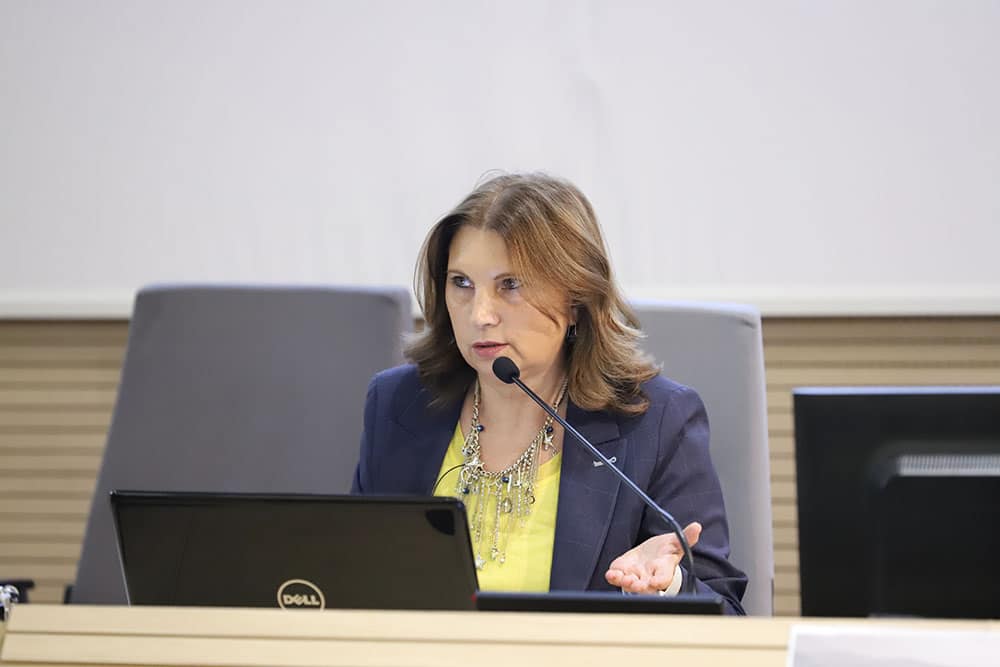Geneva: March 17, 2-23
On the occasion of the ongoing 52nd Session of the UN Human Rights Council, human rights activists called upon the UN to investigate human rights violations perpetrated by Pakistani security forces in Balochistan. In a side-event titled “Human Rights in Pakistan: Balochistan in Focus” hosted by Thierry Valle, President of Coordination des Association et des Particuliers pour la Liberté de Conscience, in room number XXII, speakers highlighted various aspects of atrocities faced by the Baloch people in Pakistan.
BHRC general secretary Mr Qambar Malik provided a brief background of the human rights situation in Balochistan, emphasizing that the Baloch struggle for self-determination directly resulted from Pakistan’s invasion of Balochistan and its forceful annexation into Pakistan in 1948 against the will of the Baloch people. He elaborated that in constant violation of national and international laws and its obligations under various UN conventions, Pakistan has been committing heinous crimes against humanity in Balochistan. Providing data collected by the Baloch Human Rights Council on enforced disappearances and extrajudicial killings of Baloch political and human rights activists, including women and children, he lamented that the perpetrators of these crimes are roaming around with impunity.
Baloch National Movement Chairman, Dr Naseem Baloch, expressed his concern about the existential threat faced by the Baloch people on the sociocultural, economic, and political fronts. He called upon Europe and the international community to break their silence about the humanitarian crisis in Balochistan and urged them to make Pakistan accountable for its crimes in Balochistan.
Prominent among the representative of various human rights organizations who spoke at the occasion on various aspects of human rights violations included Dr Naseer Dashti, Executive president of Baloch Human Rights Council (BHRC), Tasleema Akhter, representative of Family members of victims of militancy (FMVM), Dr Hidayat Bhutto, UK & Europe organizer of World Sindhi Congress (WSC), Sardar Shaukat Ali Kashmiri, Chairperson of United Kashmir Peoples National Party (UKPNP), Fazal ur Rehman Afridi, President of IRESK.
Representatives of international human rights organizations, civil societies and human rights activists attended the event.
Press release issued by Baloch Human Rights Council
















